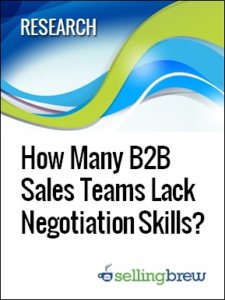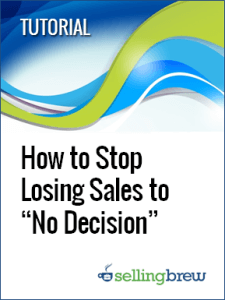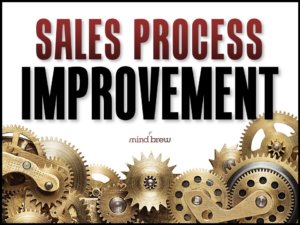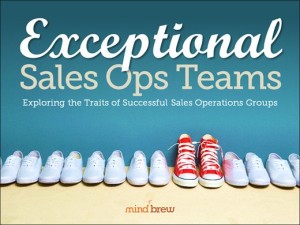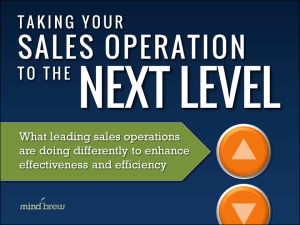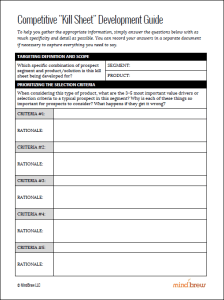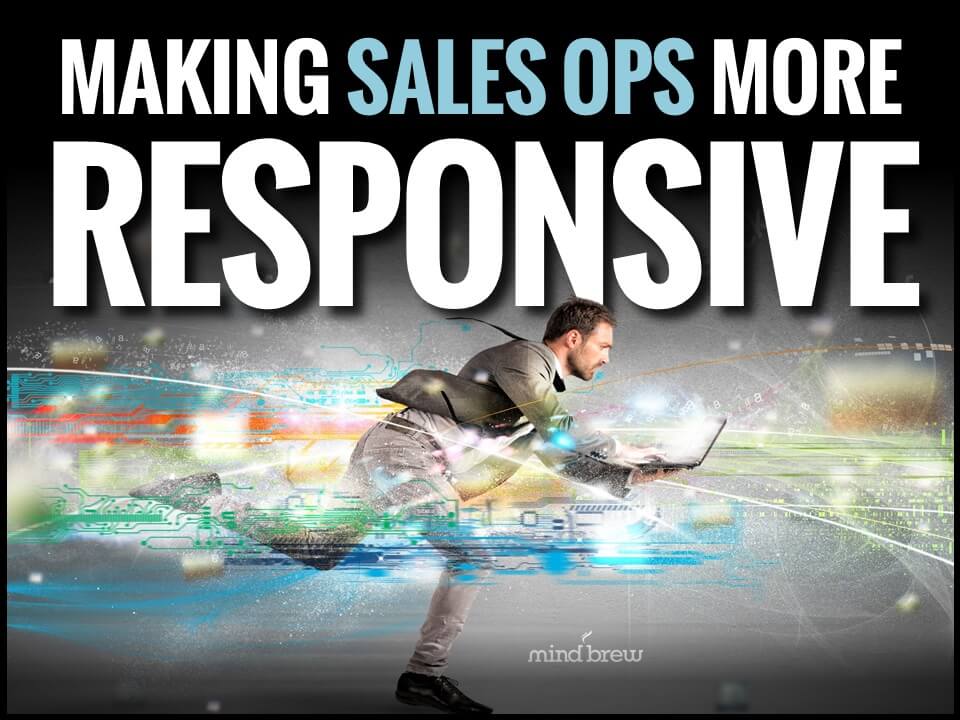I love the casino. But I don’t really like to gamble.
As someone who is all-too-familiar with how statistics and probability work, I don’t find games of chance all that interesting. I know that the odds always favor the house. And I don’t find it fun to open my wallet and start handing over my hard-earned cash to strangers.
On the other hand, the casino is a fascinating place to learn about human psychology. The ways that people misperceive reality and interpret their “luck” in the casino often spills over into other aspects of life—including B2B sales.
For example, people who enjoy playing slot machines often fall victim to the gambler’s fallacy. This is the mistaken belief that your luck has to turn eventually.
It’s easiest to understand the gambler’s fallacy with an example. Imagine that you are tossing a coin. What are the chances that the coin will come up heads? Easy, right? 1:2. (For this example, we are assuming that it’s a fair coin with equal chances of landing on either side.)
But what if you have already tossed the coin four times, and each time it has come up heads. You might be tempted to say that it seems more likely the coin will be tails on the next toss. After all, your luck has to change sometime. And it even seems mathematically accurate because the odds of getting five heads tosses in a row are only 1:32.
Or maybe you tend think that if the coin keeps landing on heads, it will come up heads again. You assume that the gods of the universe have given you a “hot streak,” so heads is more likely.
Of course, both of these guesses are wrong. The odds that the coin will land on heads are still exactly 50-50, just like they always are. The 1:32 odds of getting five heads tosses in a row only applies before you start tossing the coin for the first time. If you’ve already had four heads tosses, the odds go back to 1:2. No matter how many times you toss the coin, your odds of getting heads on a particular toss will always be 50-50.
We sometimes hear sales teams falling victim to this gambler’s fallacy (or the inverse gambler’s fallacy, which is believing that a streak will continue). If a team has lost a lot of bad deals in a row, the sales manager might say, “Don’t worry about it. Our luck has to change eventually.”
But of course, that isn’t true.
There’s nothing to say that you won’t keep losing deal after deal. And that’s why we prefer not to trust to luck.
When it comes to B2B sales, you don’t have to play the odds. You can stack the deck in your favor by putting the right training and processes in place. As a great way to get started, we recommend the following resources:
- How Many B2B Sales Teams Lack Negotiation Skills?
- Strategies and Tactics for Boosting Your Close Rates
- How to Stop Losing Sales to “No Decision”
The future of your company is too important to trust to luck. So stop gambling and instead get started on the real improvements that can help you close more deals.

